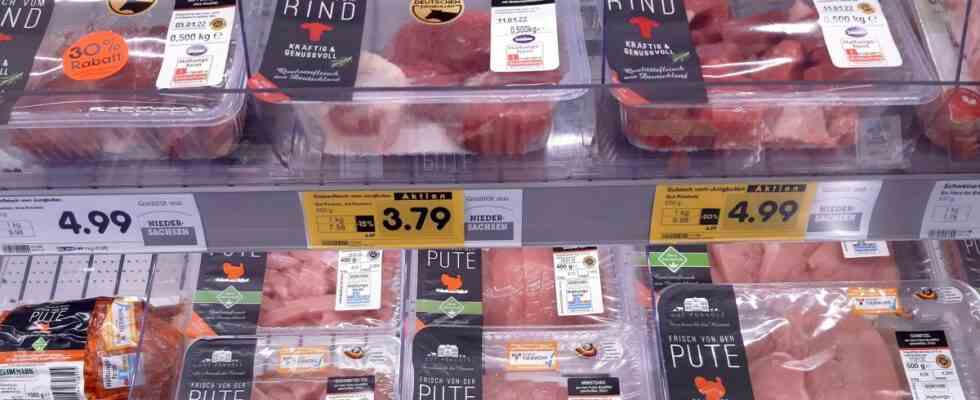The Federal Audit Office has also understood the economics of climate protection. “The bottom line is that doing nothing today costs more than effective climate protection,” says Kay Scheller, President of the Authority. The fight against global warming will only work the way the federal government acts. “The government must immediately create the conditions for the many budget funds to also be used for climate protection,” says Scheller.
The top auditors of the republic took a closer look at German climate protection policy, and the result is mediocre. Example of the climate protection program 2030: Negotiated in 2019, it should put Germany on the path to climate neutrality. But of the 96 projects included in the program, only four resulted in “significant emissions savings.” Many of the programs also did not contain any figures on how much greenhouse gases should actually be saved. “As a result, the federal government is not in a position to identify and take corrective action in good time if there is a risk of missing targets,” the report says.
Similar to the multi-billion dollar subsidy programs, the Court of Auditors counted more than a hundred. But for most it is “unclear whether and to what extent” they contribute to reducing greenhouse gas emissions. The report does not list the programs in which the costs and benefits differ particularly. However, he does point out a massive contradiction: while tax money is used to finance everything that is possible to do with climate protection, other tax money goes into the complete opposite: environmentally harmful subsidies that, for example, encourage the consumption of fossil fuels. The federal government’s current subsidy report lists aid of 16.2 billion euros, which is attested to have environmental or climate benefits. At the same time, however, the Federal Environment Agency for 2018 on environmentally harmful subsidies of 65.4 billion euros. “This shows the inconsistency of the subsidy policy,” says Scheller. As examples, the report cites reduced VAT for meat and animal products; but it is precisely intensive animal husbandry that is damaging to the climate. The same applies to the reduced tax rate on diesel.
The Court of Auditors had primarily examined the work of the old government. They had even set up a “climate cabinet” in order to make faster progress. But in 2020 it only met once, in 2021, in the Corona year, not at all. The examiners found that this was not enough to vote. A coordination of the activities is “essential in view of the importance of the topic and the increasing pressure to act”.

